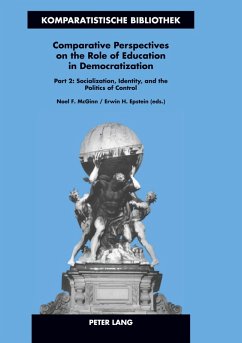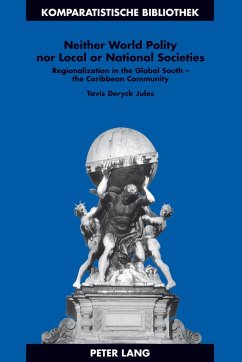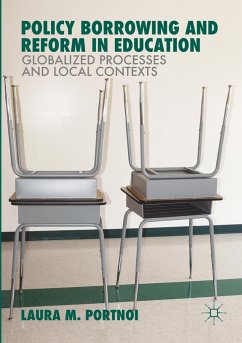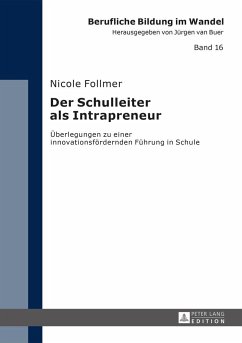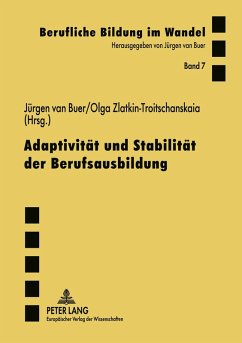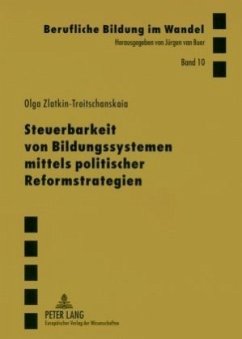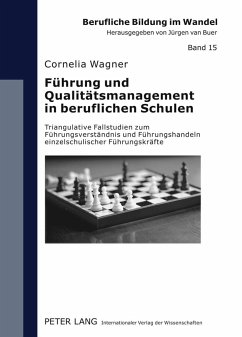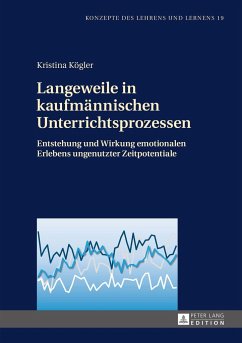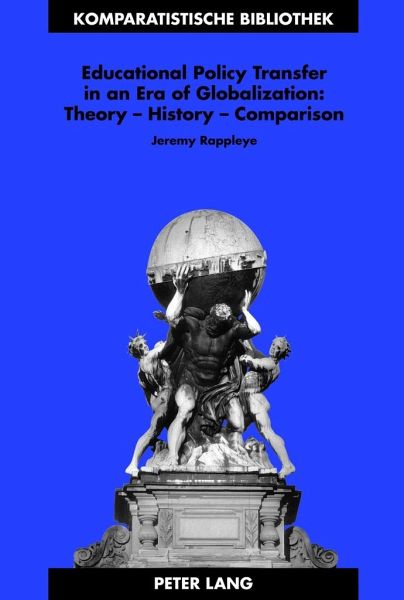
Educational Policy Transfer in an Era of Globalization: Theory - History - Comparison
Versandkostenfrei!
Versandfertig in 6-10 Tagen
98,55 €
inkl. MwSt.

PAYBACK Punkte
0 °P sammeln!
As education becomes increasingly global, the processes and politics of transfer have become a central focus of research. This study provides a comprehensive analysis of contemporary theoretical and analytical work aimed at exploring international educational reform and reveals the myriad ways that globalization is now fundamentally altering our dominant conceptions. It illustrates how transfer has emerged to play a central part in policy formation processes worldwide, but also reveals critical differences between developed countries and aid-dependent developing states. This substantial breadt...
As education becomes increasingly global, the processes and politics of transfer have become a central focus of research. This study provides a comprehensive analysis of contemporary theoretical and analytical work aimed at exploring international educational reform and reveals the myriad ways that globalization is now fundamentally altering our dominant conceptions. It illustrates how transfer has emerged to play a central part in policy formation processes worldwide, but also reveals critical differences between developed countries and aid-dependent developing states. This substantial breadth, combined with a level of empirical depth absent from current research, opens up new vistas through which to understand globalization, educational policy formation, and the modalities of transfer. In doing so, the book pushes for a reevaluation of several core assumptions of transfer and educational research more generally.



